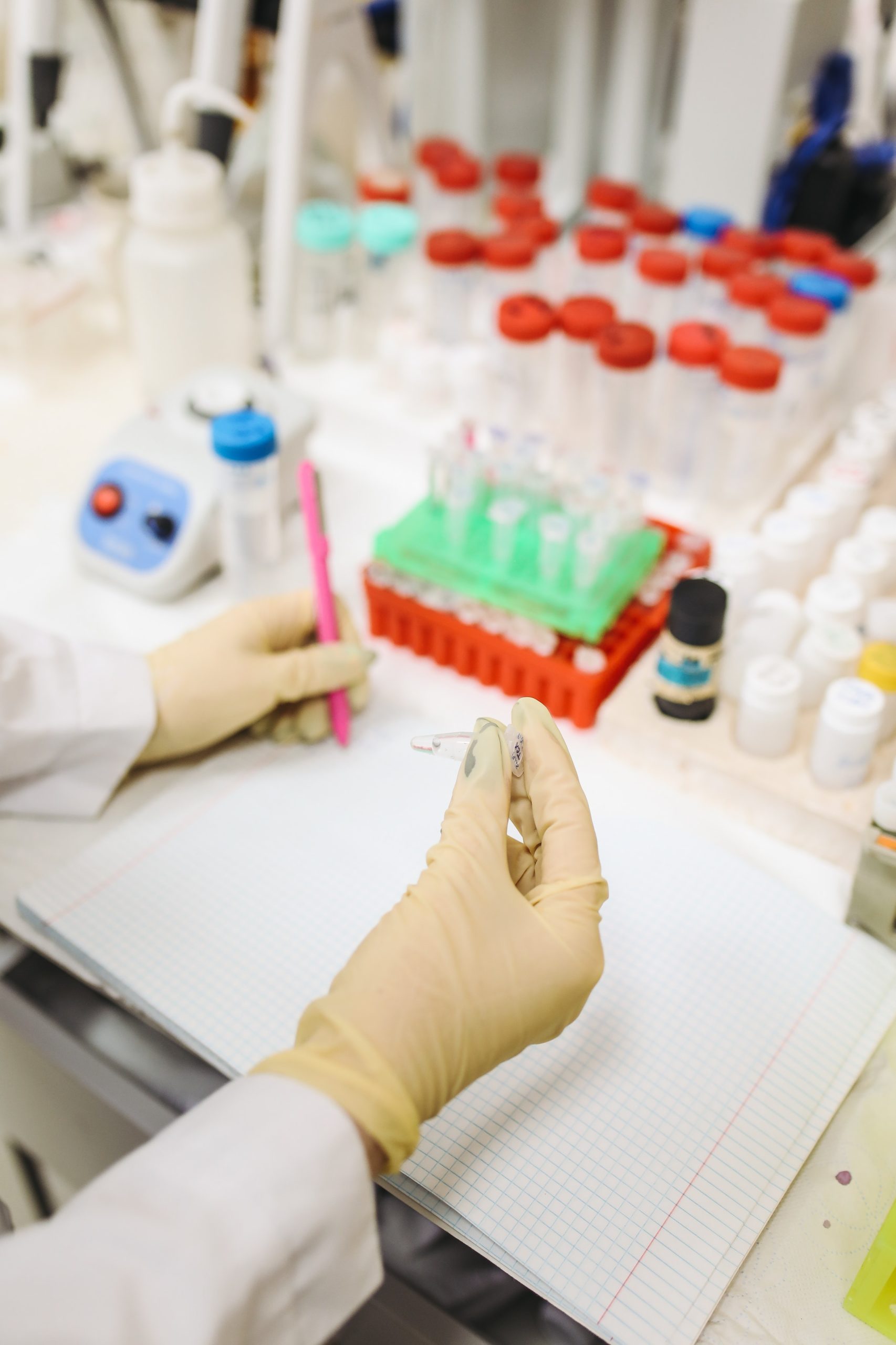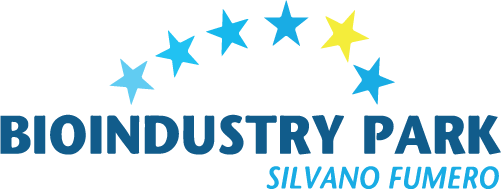Per fornire le migliori esperienze, utilizziamo tecnologie come i cookie per memorizzare e/o accedere alle informazioni del dispositivo. Il consenso a queste tecnologie ci permetterà di elaborare dati come il comportamento di navigazione o ID unici su questo sito. Non acconsentire o ritirare il consenso può influire negativamente su alcune caratteristiche e funzioni.
La conservazione tecnica o l'accesso è strettamente necessario al fine legittimo di consentire la fruizione di un determinato servizio esplicitamente richiesto dall'abbonato o dall'utente, oppure al solo fine di effettuare la trasmissione di una comunicazione su una rete di comunicazione elettronica.
L'archiviazione tecnica o l'accesso sono necessari per lo scopo legittimo di memorizzare le preferenze che non sono richieste dall'abbonato o dall'utente.
L'archiviazione tecnica o l'accesso che viene utilizzato esclusivamente per scopi statistici.
L'archiviazione tecnica o l'accesso che viene utilizzato esclusivamente a fini statistici anonimi. Senza una citazione, la conformità volontaria da parte del tuo provider di servizi Internet o record aggiuntivi da parte di terzi, le informazioni archiviate o recuperate solo per questo scopo di solito non possono essere utilizzate per identificarti.
L'archiviazione tecnica o l'accesso sono necessari per creare profili utente per inviare pubblicità o per tracciare l'utente su un sito Web o su più siti Web per scopi di marketing simili.

